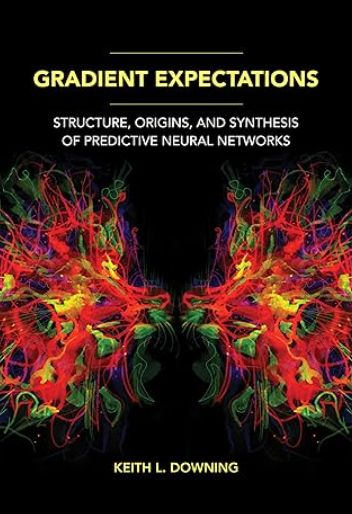- Регистрация
- 27 Авг 2018
- Сообщения
- 38,860
- Реакции
- 599,015
- Тема Автор Вы автор данного материала? |
- #1

An insightful investigation into the mechanisms underlying the predictive functions of neural networks—and their ability to chart a new path for AI.
Prediction is a cognitive advantage like few others, inherently linked to our ability to survive and thrive. Our brains are awash in signals that embody prediction. Can we extend this capability more explicitly into synthetic neural networks to improve the function of AI and enhance its place in our world?Gradient Expectations is a bold effort by Keith L. Downing to map the origins and anatomy of natural and artificial neural networks to explore how, when designed as predictive modules, their components might serve as the basis for the simulated evolution of advanced neural network systems.
Downing delves into the known neural architecture of the mammalian brain to illuminate the structure of predictive networks and determine more precisely how the ability to predict might have evolved from more primitive neural circuits. He then surveys past and present computational neural models that leverage predictive mechanisms with biological plausibility, identifying elements, such as gradients, that natural and artificial networks share. Behind well-founded predictions lie gradients, Downing finds, but of a different scope than those that belong to today’s deep learning. Digging into the connections between predictions and gradients, and their manifestation in the brain and neural networks, is one compelling example of how Downing enriches both our understanding of such relationships and their role in strengthening AI tools.
Synthesizing critical research in neuroscience, cognitive science, and connectionism, Gradient Expectations offers unique depth and breadth of perspective on predictive neural-network models, including a grasp of predictive neural circuits that enables the integration of computational models of prediction with evolutionary algorithms.
INFORMATION PAGE:
DOWNLOAD:


